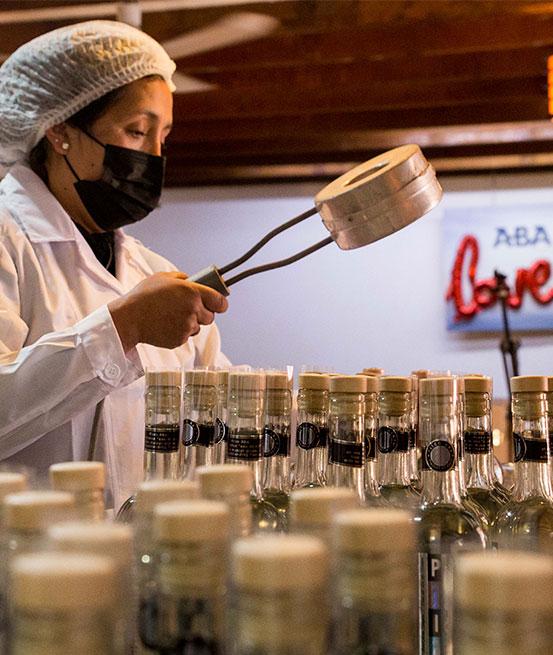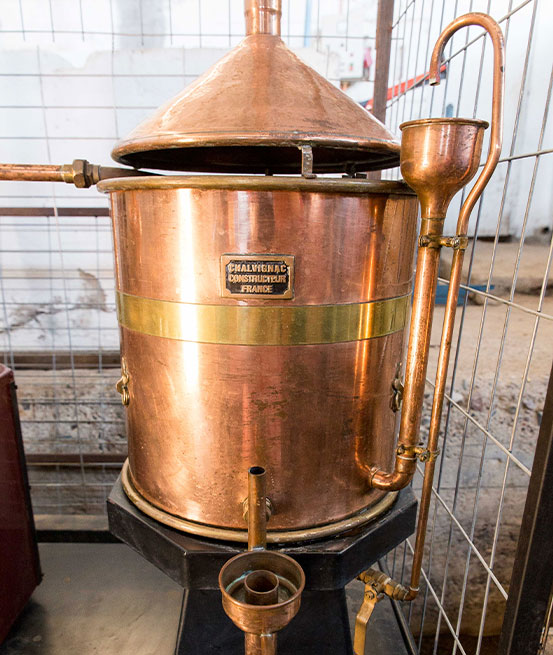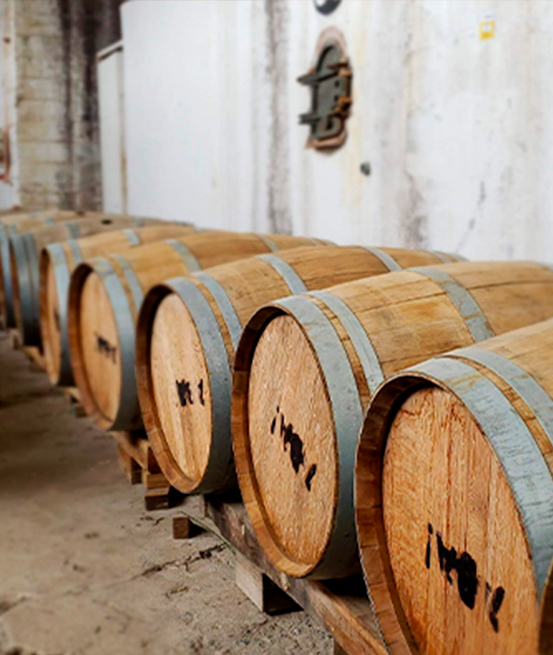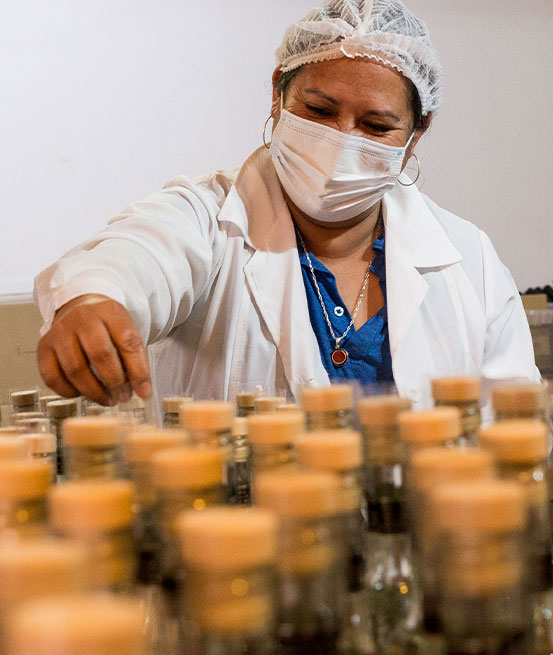
ABA Distillery
The Process
The Process
Pisco ABA is produced with the best Muscat grapes from a designated area in the unique and magical Valle de Elqui, in the high, clear Chilean Andes. Grapes are first vinified and then carefully distilled in small traditional copper stills to produce a clear, crystal eau-de-vie, infused with the softness and fragrance of the Muscat grapes.
The Process
From grapes to Pisco
Muscatel grapes, pisco grapes par excellence, with a great content of sugar and very aromatic, were grown in Europe primarily for making raisins, sweet wines, and brandy, and the Spanish began making “aguardiente” from Muscatel wine in the Viceroyalty of Perú (Perú and Chile today) as early as 1547.
From grapes to Pisco
Muscatel grapes, pisco grapes par excellence, with a great content of sugar and very aromatic, were grown in Europe primarily for making raisins, sweet wines, and brandy, and the Spanish began making “aguardiente” from Muscatel wine in the Viceroyalty of Perú (Perú and Chile today) as early as 1547.
First, grapes are carefully selected. After a careful grinding process that carefully eliminates residuals, the fermentation is held in stainless steel tanks and temperature control, in which yeasts convert sugar into alcohol.


The Process
The patient distillation
The fermented and decanted wine is distilled in copper stills, with calculated slowness, to obtain the best quality and pureness of the spirit. The first and last distillates, the “head” and the “tail” are low quality alcohols. They are discarded. Pisco is the “heart” of the distillation, that means the central fraction. Then the alcohol is cooled and blended with de-ionized water to reduce the alcohol content.
The Process
Settling period
Pisco is transferred to barrels, allowing the Pisco to soften and acquire subtle changes in its flavor, giving it a more rounded bouquet.


The Process



